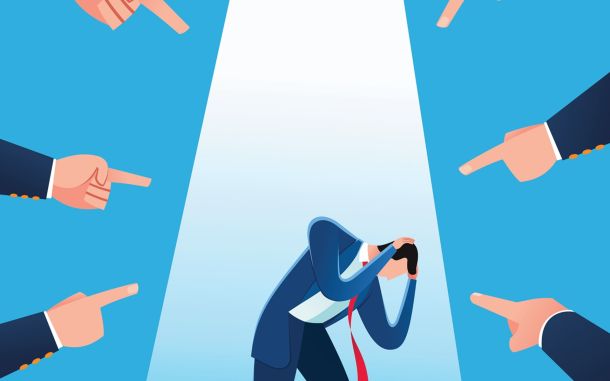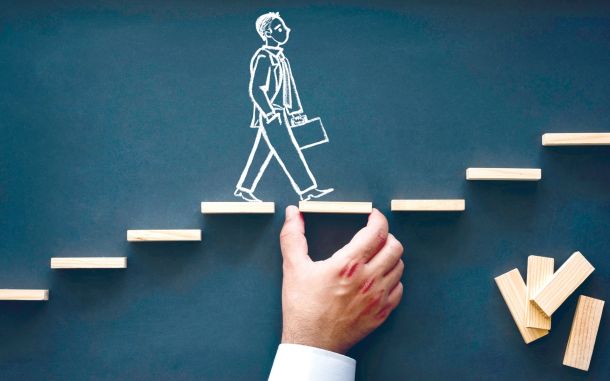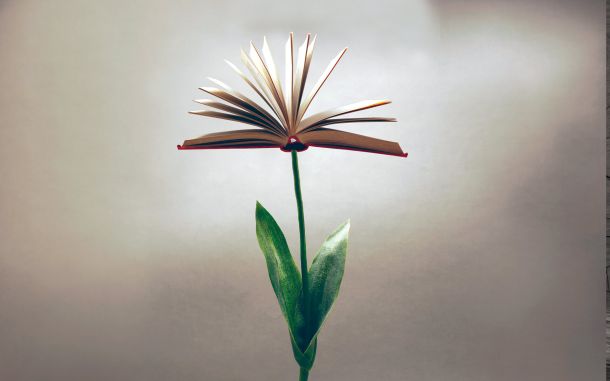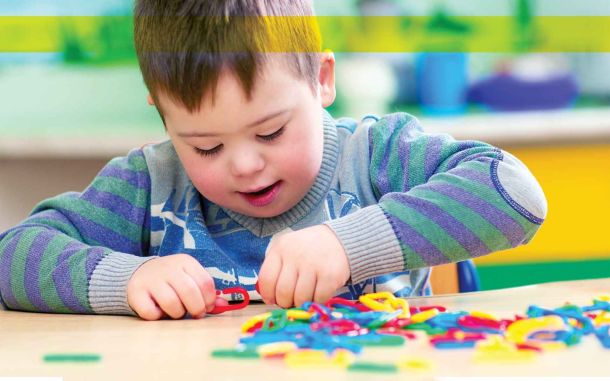Editorial (Issue 142): Fostering a Sense of Community
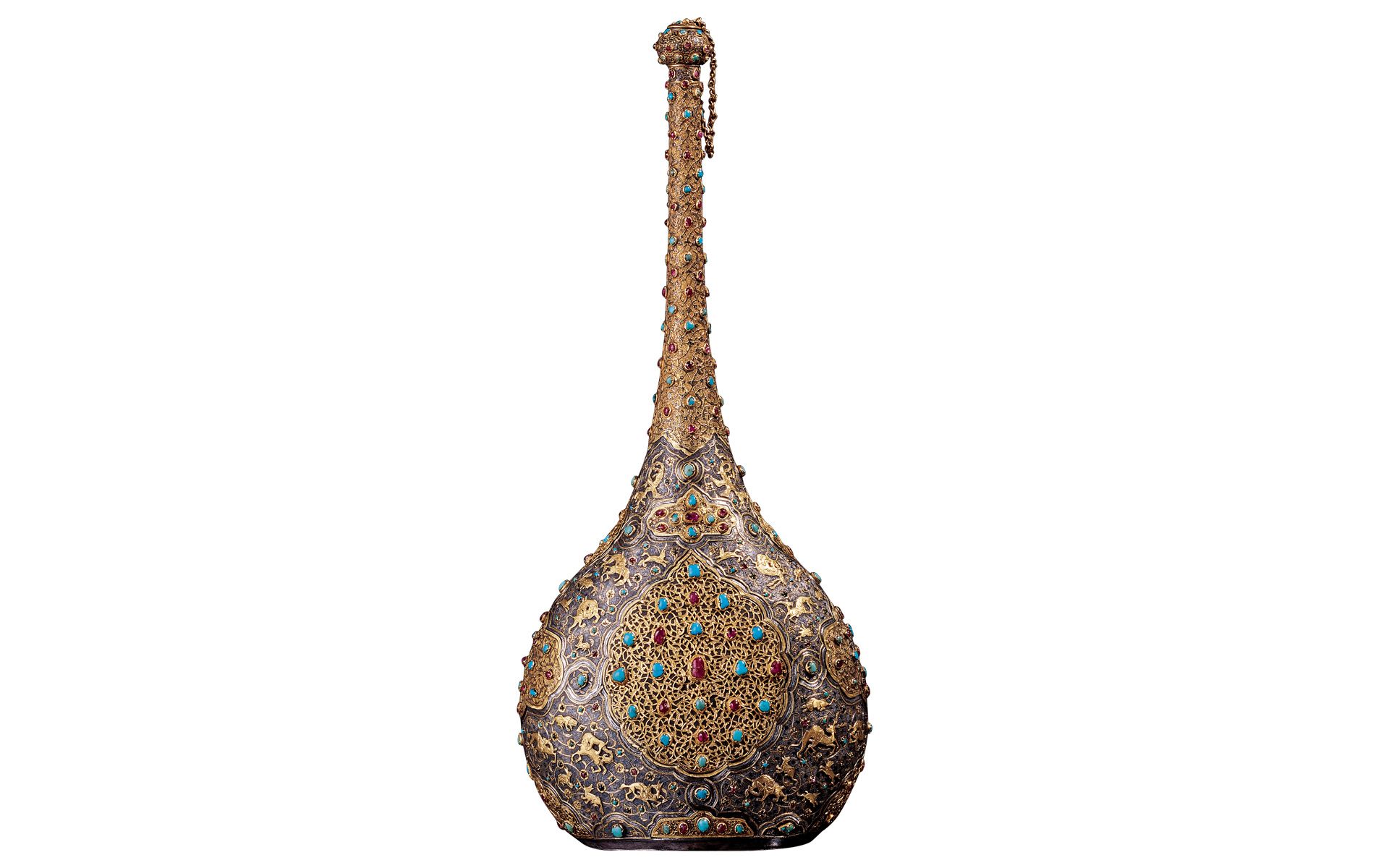
We are social creatures that depend upon one another for survival, happiness, and sustenance. On the macro level we work together to establish whole economies and societies, and at the micro level we come together to form communities that nurture our most basic needs. A sense of belonging, and feelings of identification, are important for almost all people. On the flip side, we must be open to accepting others into our hearts. It is argued that these are the foundational steps that are necessary to begin forming a community that can then work to improve the lives of those in, and around, it.
Racism is one of humanity’s oldest evils that has been serving to divide people since man’s earliest days. It still exists in America to this day though some may argue that its roots are much more beneath the surface than they previously were. Our healthcare system is rife with racist assumptions that affect the lives of minorities on a daily basis. These issues may seem to be unimportant or political to some, but they serve only to drive us farther apart and thus further fracture our collective sense of community as long as they remain ingrained in our collective psyche.
The “middle way” is argued to be the ideal balance when it comes to satisfying our material and physical needs. This sweet spot aims to acknowledge and sate these needs by not starving them but does not aim to go so far to indulge in gluttony, which is argued to be harmful and even destructive. Sacrifice is often required in order to maintain this balance, especially when it comes to the things that we are each personally more vulnerable to. Taking it a step further to the level of one’s community, sacrificing what we desire for the sake of our neighbors can allow us to feel a genuine sense of compassion for them since we begin to prefer them over ourselves which can then grow into feelings of community.
Prophet Muhammad (pbuh) is considered one of humanity’s greatest community builders because of his ability to unite people regardless of race, social status, or religious beliefs. This was a notion that was almost unheard of by his time as people consistently used these distinctions to separate and fragment their communities. The “Question and Answer” of this issue explores how we can research and discuss his legacy in an appropriate manner that honors him while allowing us to best learn from his examples. This conduct should enable us to follow his way better and thus develop stronger examples by considering his advice.






